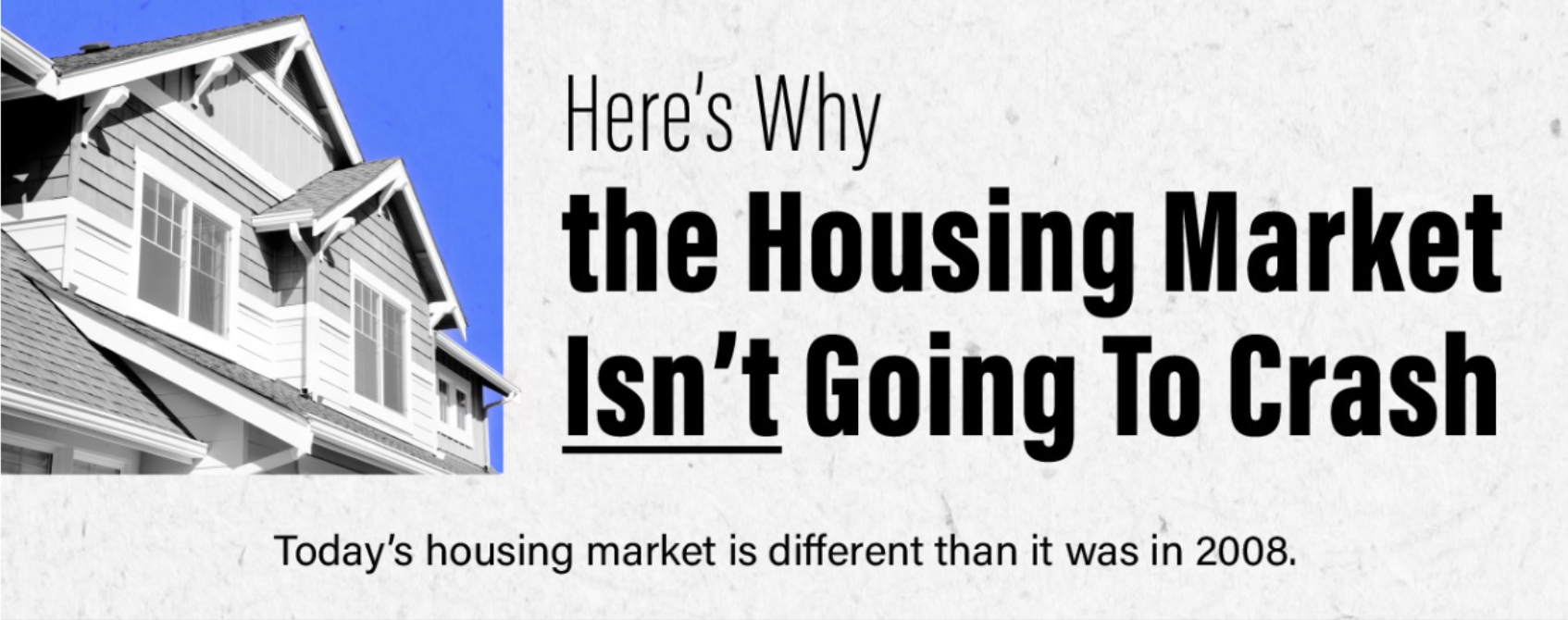The housing market is an ever-changing landscape, making it difficult to predict when the next significant downturn may occur. In this blog post, we’ll delve into the dynamics of the housing market, explore past crashes, and highlight key economic indicators that can provide valuable insights into the market’s future. By understanding these factors, we can better prepare for potential fluctuations in the real estate market.
Understanding the Housing Market Dynamics
To anticipate future trends, it’s crucial to first understand the factors that drive the housing market. Key elements such as supply and demand, interest rates, and economic conditions can all play a role in shaping the real estate landscape.
Supply and Demand
The balance between supply and demand is a fundamental driver of the housing market. When demand exceeds supply, prices typically rise, resulting in a seller’s market. Conversely, when supply outpaces demand, prices can decrease, creating a buyer’s market. Monitoring this balance can provide insights into market stability and potential shifts.
Interest Rates
Interest rates have a significant impact on the housing market, as they affect mortgage affordability. When rates are low, borrowing becomes more affordable, which can drive demand and push home prices higher. Conversely, when interest rates rise, borrowing costs increase, potentially dampening demand and causing a decline in home pricesEconomic Conditions
National and global economic conditions can influence the housing market. Factors such as employment rates, inflation, and consumer confidence can affect both supply and demand. Keeping an eye on these indicators can help gauge the overall health of the market and its potential trajectory.
Lessons from Past Housing Market Crashes
Examining past housing market crashes can provide valuable insights into patterns and warning signs that may help us anticipate future downturns. The most notable recent crash occurred in 2008, during the financial crisis.
The 2008 Financial Crisis
The 2008 financial crisis marked the most significant housing market crash in recent history. It resulted from a combination of factors, including the subprime mortgage bubble, financial deregulation, and risky lending practices. As home prices plummeted, millions of homeowners faced foreclosure, leading to a devastating economic recession.
Key Economic Indicators to Monitor
To better anticipate a housing market crash, it’s essential to monitor specific economic indicators. These can provide valuable insights into the current state of the market and its potential direction.
Housing Affordability Index
The Housing Affordability Index measures the relationship between median home prices, median family incomes, and average mortgage interest rates. A decline in affordability may signal that housing prices are becoming unsustainable, potentially leading to a market downturn.
Mortgage Delinquency Rates
Monitoring mortgage delinquency rates can help identify potential problems in the housing market. An increase in delinquencies often suggests that homeowners are struggling to make mortgage payments, which can serve as an early warning sign of a housing market downturn.
Home Inventory Levels
Home inventory levels represent the number of homes available for sale relative to demand. When inventory levels are low, prices tend to rise, while high inventory levels can lead to price declines. Keeping track of these levels can help gauge the market’s overall balance and health.
Potential Triggers for the Next Crash
Several factors could potentially trigger the next housing market crash. It’s important to be aware of these potential triggers and monitor their development.
Rising Interest Rates
A sudden or rapid increase in interest rates could negatively impact the housing market. As borrowing costs rise, home affordability declines, leading to reduced demand and potential price drops. Additionally, higher interest rates could lead to increased mortgage delinquencies, further contributing to a potential crash.
Economic Recession
A significant economic recession can have a domino effect on the housing market. As unemployment rates rise and consumer confidence
wanes, demand for housing may decline. In turn, this can lead to reduced home prices and an increased number of foreclosures, creating a downward spiral in the market.
Overvaluation of Properties
Overvaluation occurs when home prices rise beyond their intrinsic value, often fueled by speculative buying or irrational exuberance. If a housing bubble forms and subsequently bursts, the market may experience a sharp decline in home prices and a potential crash.
Government Policy Changes
Government policies, such as changes in tax laws or lending regulations, can have a direct impact on the housing market. These changes can create uncertainty or affect housing affordability, potentially leading to market instability and downturns.
Preparing for a Housing Market Crash
While it’s impossible to predict with certainty when a housing market crash will occur, it’s essential to be prepared. Here are some steps you can take to mitigate the potential impact of a market downturn:
1. Diversify your investment portfolio: Avoid overexposure to the real estate market by diversifying your investments across various asset classes, including stocks, bonds, and alternative investments.
2. Monitor key economic indicators: Regularly keep track of the economic indicators mentioned earlier, as they can provide valuable insights into the housing market’s health.
3. Maintain a strong financial position: Ensure you have a solid financial foundation by maintaining a healthy credit score, minimizing debt, and keeping an emergency fund.
4. Stay informed: Continuously educate yourself about the housing market and its trends to make informed decisions regarding your real estate investments.
Conclusion
Predicting the next housing market crash is a complex task, but understanding the market’s dynamics, examining historical crashes, and monitoring key economic indicators can provide valuable insights. By staying informed and maintaining a prudent approach to real estate investments, you can better prepare for potential fluctuations in the market and protect your financial well-being.




